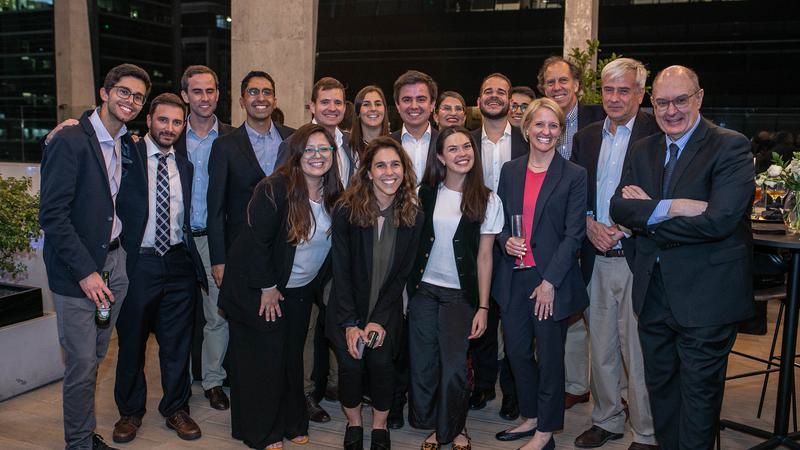Antitrust Litigation - Defence and Damages

Share
Compass Lexecon EMEA Senior Managing Director, Jorge Padilla, joins antitrust lawyers Max Strasberg, Ashurst LLP and Mélanie Bruneau, K&L Gates LLP to discuss defence and damages in antitrust litigation in the April 2020 edition of Financier Worldwide. Read the Q&A
Steady Growth in Antitrust Litigation
Jorge observes that: “Competition agencies seem particularly worried about issues such as ‘self-preferencing’, whereby a dominant multi-sided platform which also operates on one of the sides of the market as a seller discriminates in favour of its subsidiary.” He adds that “antitrust litigation has been growing steadily and significantly over the last few years”, referring with particular interest to the three EC cases against Google, which concerned ‘platform envelopment strategies’ and the Qualcomm v. FTC case in the US, which presented a novel theory of harm.
Handle an Investigation as an Investment Project
In the event of an antitrust investigation or accusation, Jorge advises that companies “handle an antitrust investigation as they would any investment project. […] The company invests in a team, including executives and external advisers, as well as in data collection and analysis to minimise the impact of the investigation on its business model and, hence, its future cash flows. As with any other investment, the company must consider all possible strategic options, assess and balance the costs and benefits, and choose the option that has a greater associated net present value (NPV).”
Economists as 'Strategic Advisors' or 'Experts', But Not Both
Mélanie Bruneau comments that “The complexity of competition law disputes has rendered the application of economic concepts pivotal in the interpretation of facts”. Economists are uniquely qualified to investigate whether a company enjoys a dominant position, to assess the implications of the economic context within which certain conduct takes place on the likelihood of anticompetitive effects, and to calculate the overcharge and pass-on in follow-on damages cases.
Jorge recommends that some economists should be “involved as ‘strategic advisers’ and others as ‘experts’. […] Experts need to preserve their independence and, therefore, should not be involved in the formulation of the defence strategy.” He adds that “Companies must focus on the strategy of the case, rather than the tactical issues of the day-to-day”. “Experts are ineffective when their credibility is undermined by their clients. […] “A good expert is one that helps the company to understand the pros and cons of their case and can do their job rigorously and professionally.”
Expect a Shift From Cartel Enforcement to Abuse of Dominance
On considering future antitrust litigation activity, Jorge anticipates that we may see “a shift from cartel enforcement to abuse of dominance cases. Whether that is the case or not will depend on the competition authorities’ ability to strengthen their leniency programmes, which could require an investment in whistle-blowers and significant fines handed down on to the individuals directly involved in the cartel.”
Read the full Q&A published in Financier Worldwide.


